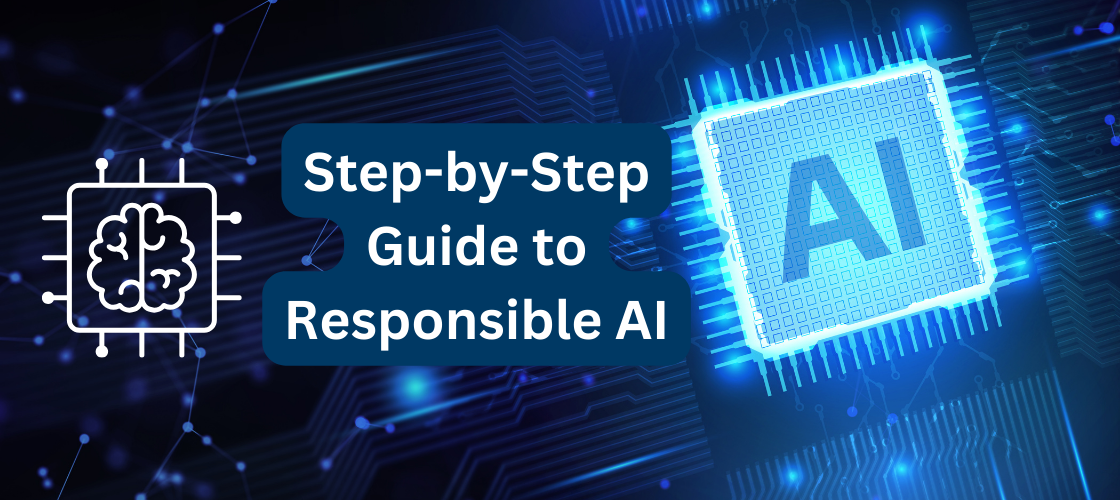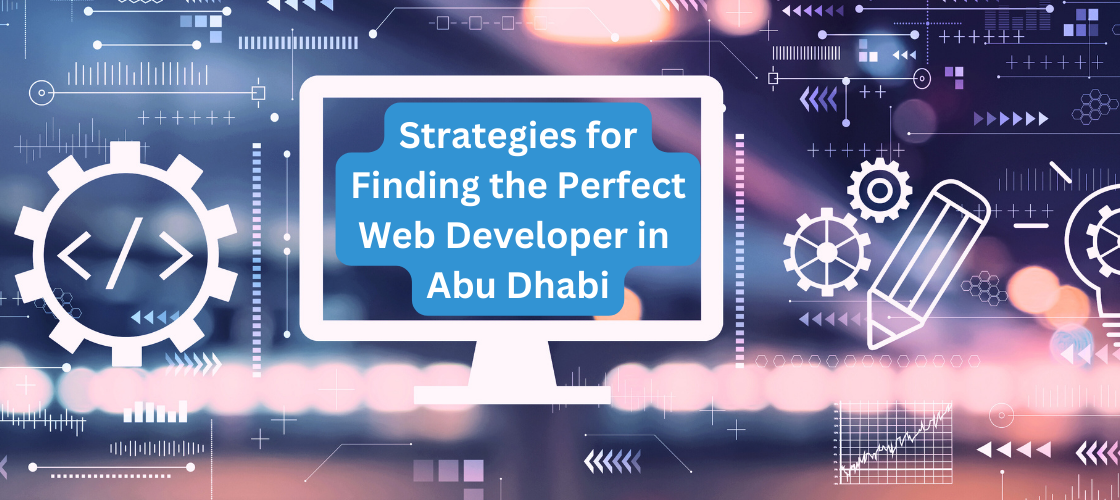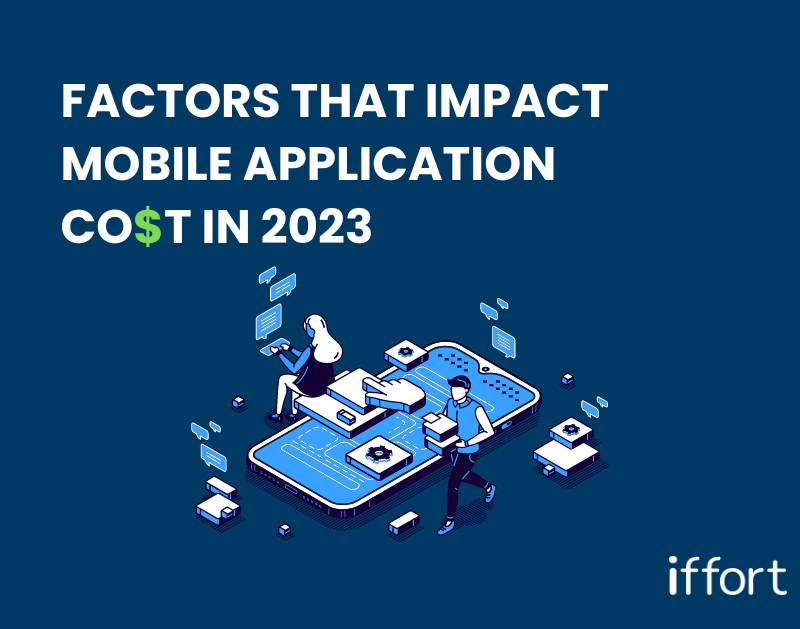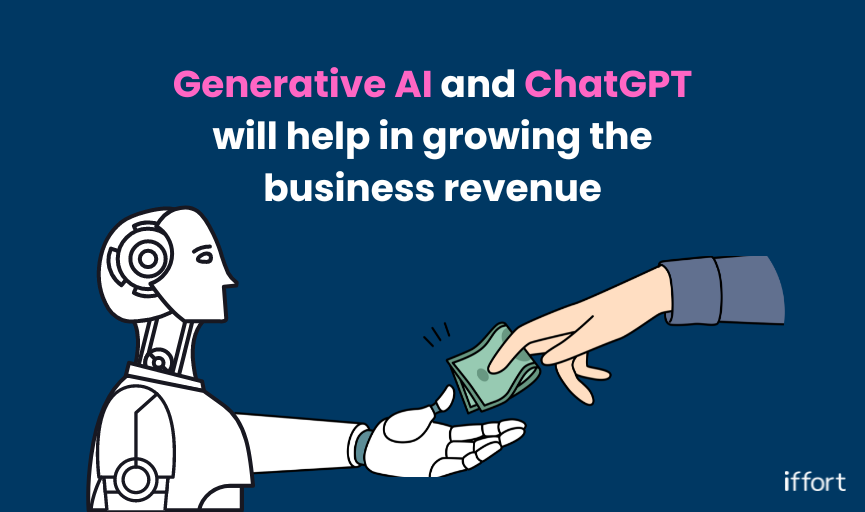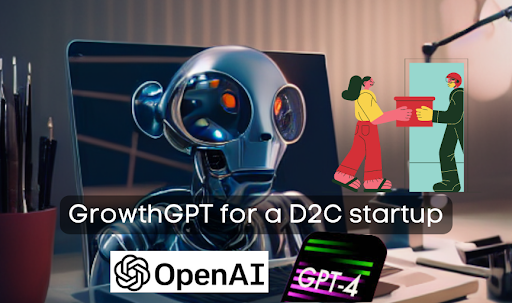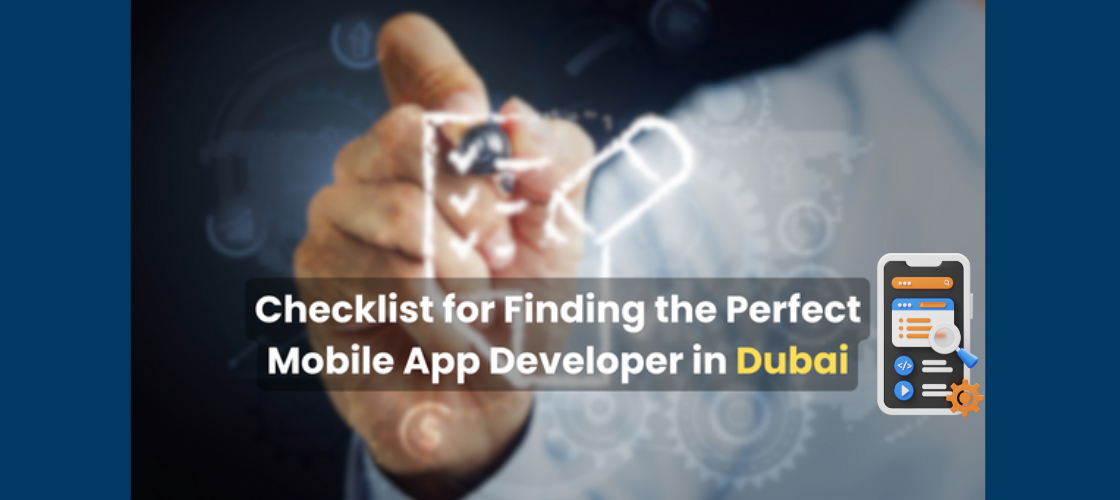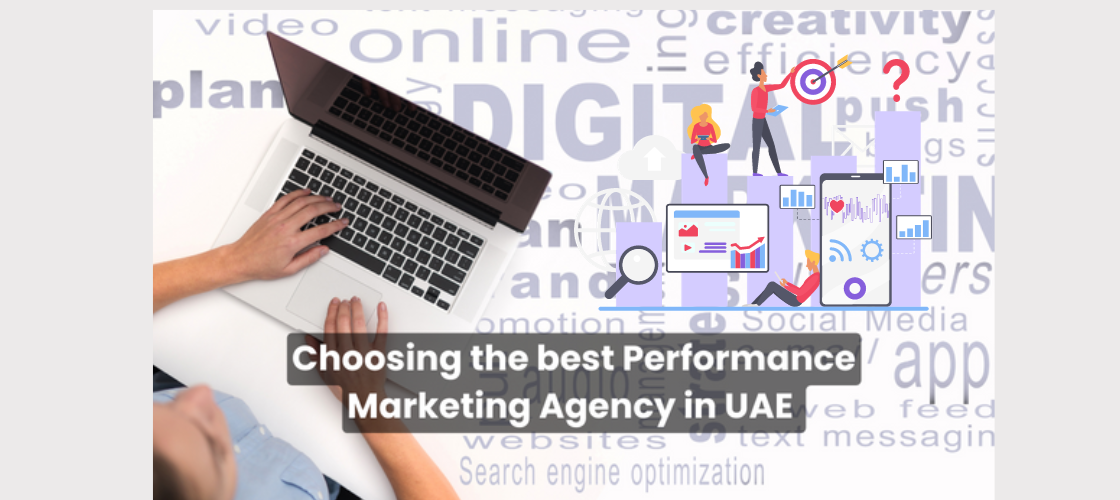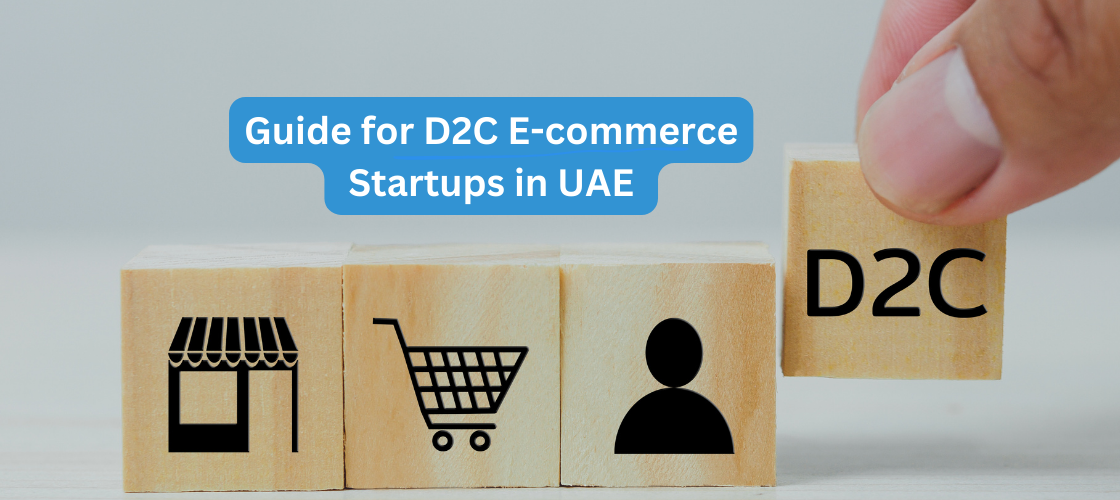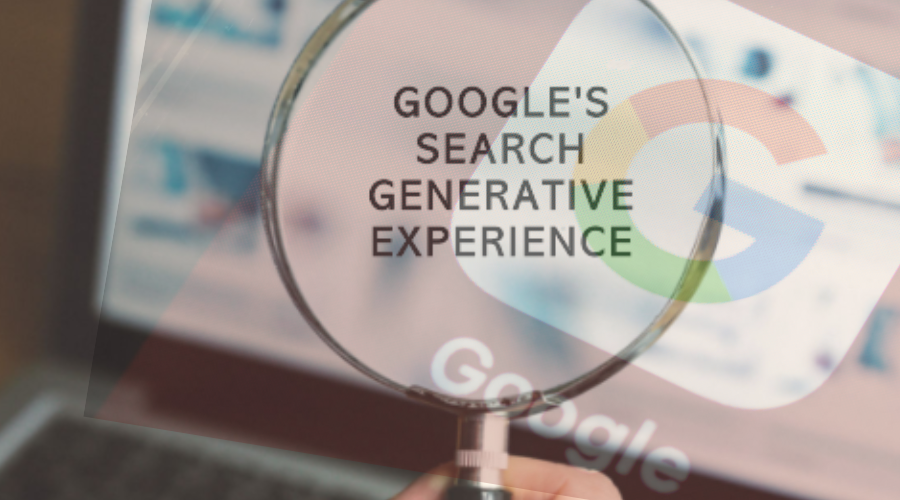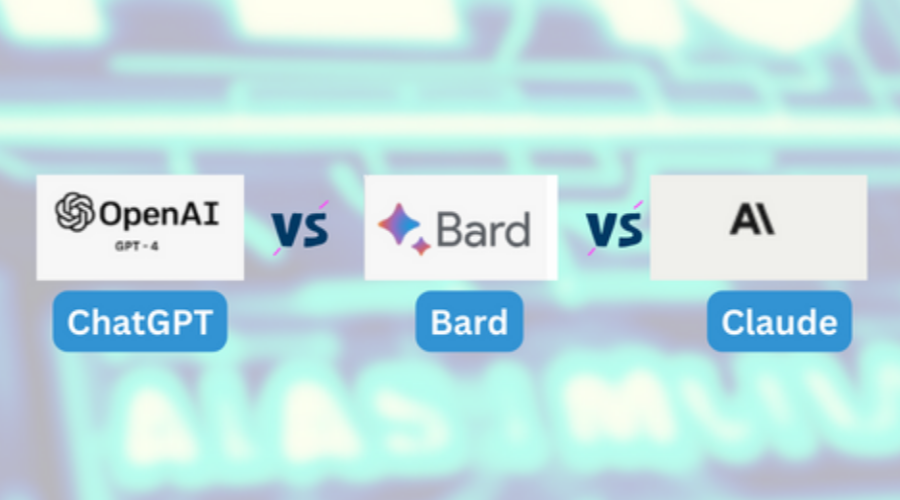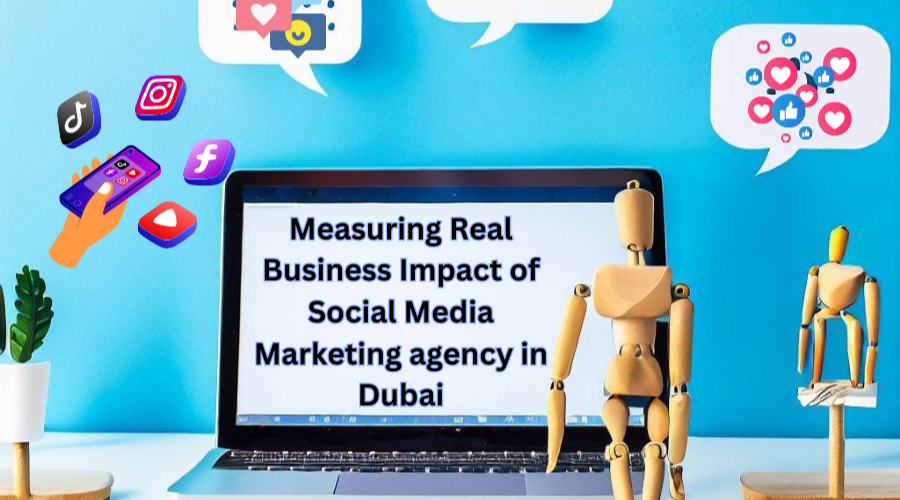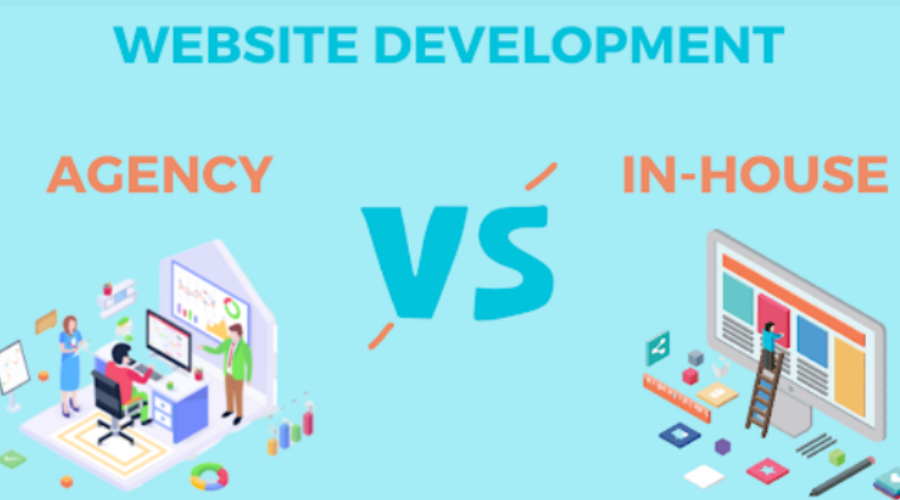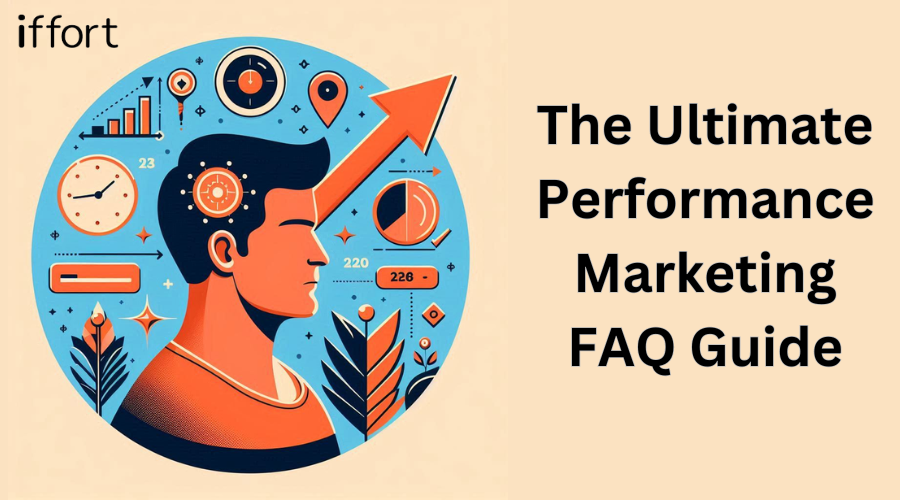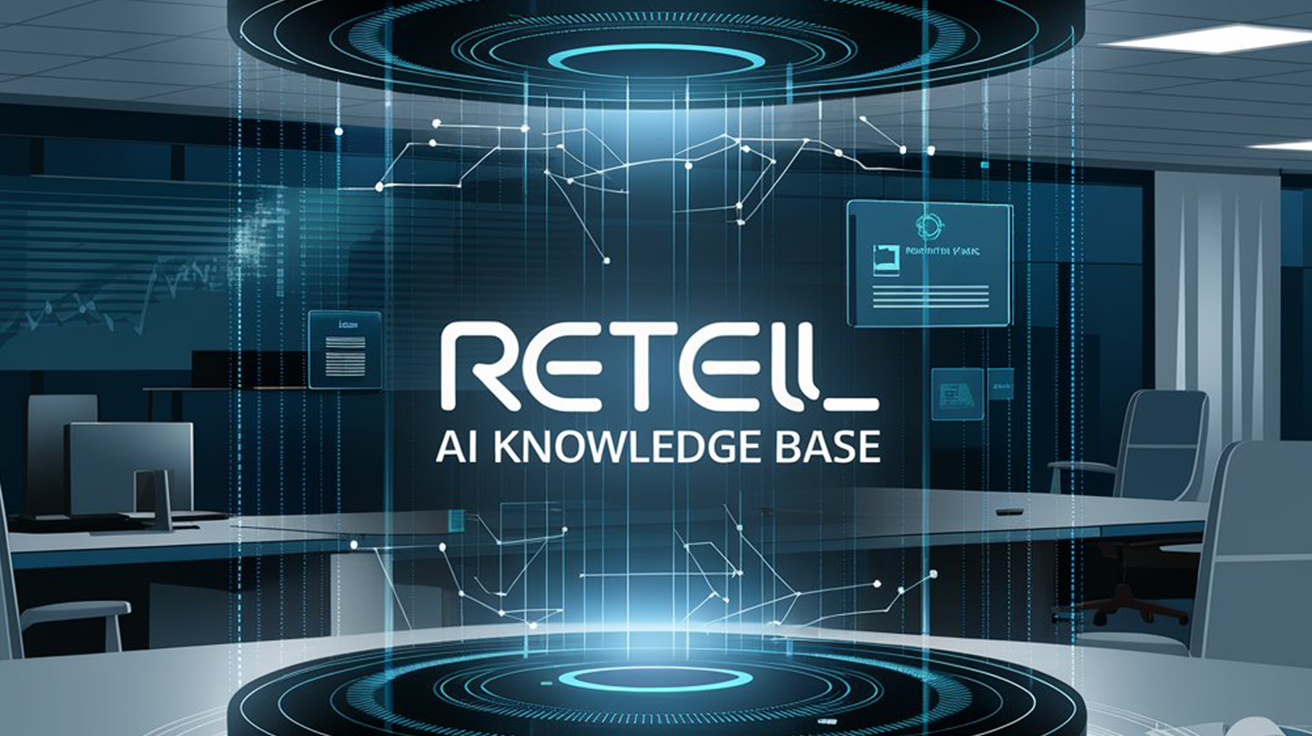As the use of machine learning and artificial intelligence (AI) technologies continues to grow, so do the ethical concerns surrounding their development and implementation. The Open AI CEO, Sam Altman recently admitted that the technology behind ChatGPT, an AI chatbot is potent and potentially hazardous.
There are rising examples of AI systems producing biased or inaccurate results, perpetuating harmful stereotypes, and violating privacy rights. It is well known that unethical AI practices can have severe consequences. For example, facial recognition technology has been misused for criminal investigations and racial profiling. In addition, biased algorithms have led to discriminatory practices in healthcare, employment, and law enforcement.
Benefits of Responsible AI
It is essential to prioritise responsible AI practices that consider ethical, legal, and social implications in the design and deployment of AI systems.
- The adoption of ethical AI practices mitigates the potential risks associated with AI
- It also enhances public trust, enables fair and inclusive outcomes, and promotes ethical and moral values.
In this blog, we discuss a step-by-step method to implement responsible AI in your business followed by a real-world example of how a healthcare partnership was pushed towards the ethical use of AI.
Step 1: Establish an Ethics Framework
What does an ethics framework mean? It is simply a set of standards, guidelines, and processes that guide you through the process of developing your AI project. It helps to clarify what is ethical and what isn’t, which can help prevent problems before they arise.
To establish an ethics framework, first identify how employees at all levels of your organisation think about their role in creating ethical AI solutions.
Questions you should ask when establishing an ethics framework:
- Who is responsible for making sure these standards are met?
- Where should people look first when making decisions about whether something might be illegal or unethical?
- Who should report violations if there are any issues uncovered during a testing phase?
- Are there any resources made available to help employees make the right decisions?
After this, you can begin to identify the specific rules and regulations that govern your industry, whether they’re based on laws or internal policies.
Step 2: Develop an Understanding of the Legal and Regulatory Landscape
It is crucial to navigate the legal and regulatory landscape and ensure that your business remains compliant with all relevant laws, regulations, guidelines, and standards across jurisdictions. If you don’t have in-house experts then consider consulting with a lawyer who specialises in AI ethics or privacy law to help you guide through any potential issues that may arise during implementation or beyond.
Apart from getting familiar with relevant laws, regulations, and guidelines related to AI in your industry, including data privacy laws and regulations, you must stay informed about any changes or updates to these laws and regulations. Here are a few more ways to develop an understanding of the legal and regulatory landscape to deploy responsible AI in your business.
- Recognize the potential repercussions of non-compliance, including the dangers to reputation and the law.
- Make sure that everyone working on the creation and implementation of AI systems is aware of the pertinent rules and legislation and complies with them.
- Prepare a strategy to deal with any legal or regulatory difficulties that might surface during implementation or later. This strategy should include measures to reduce risks and guarantee adherence to relevant laws and regulations.
Also Read: Chat GPT-3 vs GPT-3.5
Step 3: Set up an Accountability System
An accountability system is a set of procedures used to track and manage the progress of your AI projects. It can include project tracking tools, data management tools, and results reporting tools. An accountability system helps ensure that ethical standards are met throughout the project’s lifecycle.
While an accountability system helps prevent potential risks associated with AI, more importantly, it also enhances public trust, enables fair and inclusive outcomes, and promotes ethical and moral values, which are the concerns of any growing business.
Step 4: Train Your Team on Good Data Practices and Bias Detection
One of the most important steps is to train your team on good data practices and bias detection to ensure ethical AI practices. Bias detection refers to identifying and mitigating bias in data, algorithms, and models. The reason bias detection is essential is that biased algorithms can result in discriminatory practices, especially in areas such as healthcare and employment.
Imagine, for instance, how easily bias creeps if an algorithm, which is developed and trained on a specific subset of the population was applied to a larger population. Consider a rare and often fatal condition, called Spontaneous Coronary Artery Dissection (SCAD), in which a blood vessel in the heart tears. Although women account for 80% of SCAD cases, they are typically underrepresented in clinical trials investigating SCAD.
If an AI-powered clinical decision support tool was created based on the data from those clinical trials, it would fail to capture the complexities of the said disease as it would have learnt mostly from male data.
A Real Example of Responsible AI in Healthcare
| Year | Partnership | Goal |
| 2015 | Google’s DeepMind and the UK’s National Health Service (NHS) | Preventing a significant decline in kidney function |
In 2015, A partnership between Google’s DeepMind and the UK’s National Health Service (NHS) was done to improve the detection and treatment of kidney disease. DeepMind’s AI system, Streams, analysed patient data to identify individuals at high risk of acute kidney injury. The main aim was to help clinicians to intervene early, potentially preventing a significant decline in kidney function or even kidney failure.
The partnership raised ethical concerns regarding patient privacy and data security when the Information Commissioner’s Office (ICO) found that the NHS had breached UK data protection laws by sharing patient data with DeepMind without proper consent. However, later the NHS trust, which runs a number of hospitals in Britain, accepted the ICO’s findings and also addressed the areas of concern, including informing patients of how their data is being used. DeepMind also issued a statement shortly after the ICO announcement, welcoming the ‘thoughtful resolution’ of the case while admitting that more work remains to be done.
Overall, this partnership highlights the importance of establishing clear ethical frameworks and accountability systems for AI projects, as well as the need for transparency and privacy protection.
Also Read: Generative AI in Personalised Learning
Conclusion
As AI technologies continue to advance and become more integrated into our daily lives, it is crucial for businesses to implement responsible AI practices to prevent negative consequences such as discriminatory practices and violations of privacy. By establishing an ethics framework, navigating the legal and regulatory landscape, setting up an accountability system, and training their teams on good data practices and bias detection, businesses can ensure that their AI projects are developed ethically and with integrity.
It goes without saying that implementing ethical AI practices can also bring potential benefits, such as increased customer trust and loyalty. Customers are becoming increasingly aware of the importance of responsible AI, and businesses that prioritise ethical AI practices can differentiate themselves from their competitors and build stronger relationships with their customers. In summary, responsible AI is not only a moral imperative but also a strategic advantage for businesses.
Looking to implement AI in your business? Connect with Iffort, your digital technology and marketing partner. We can help incubate startup ideas
and bring product-level thinking to the core.

